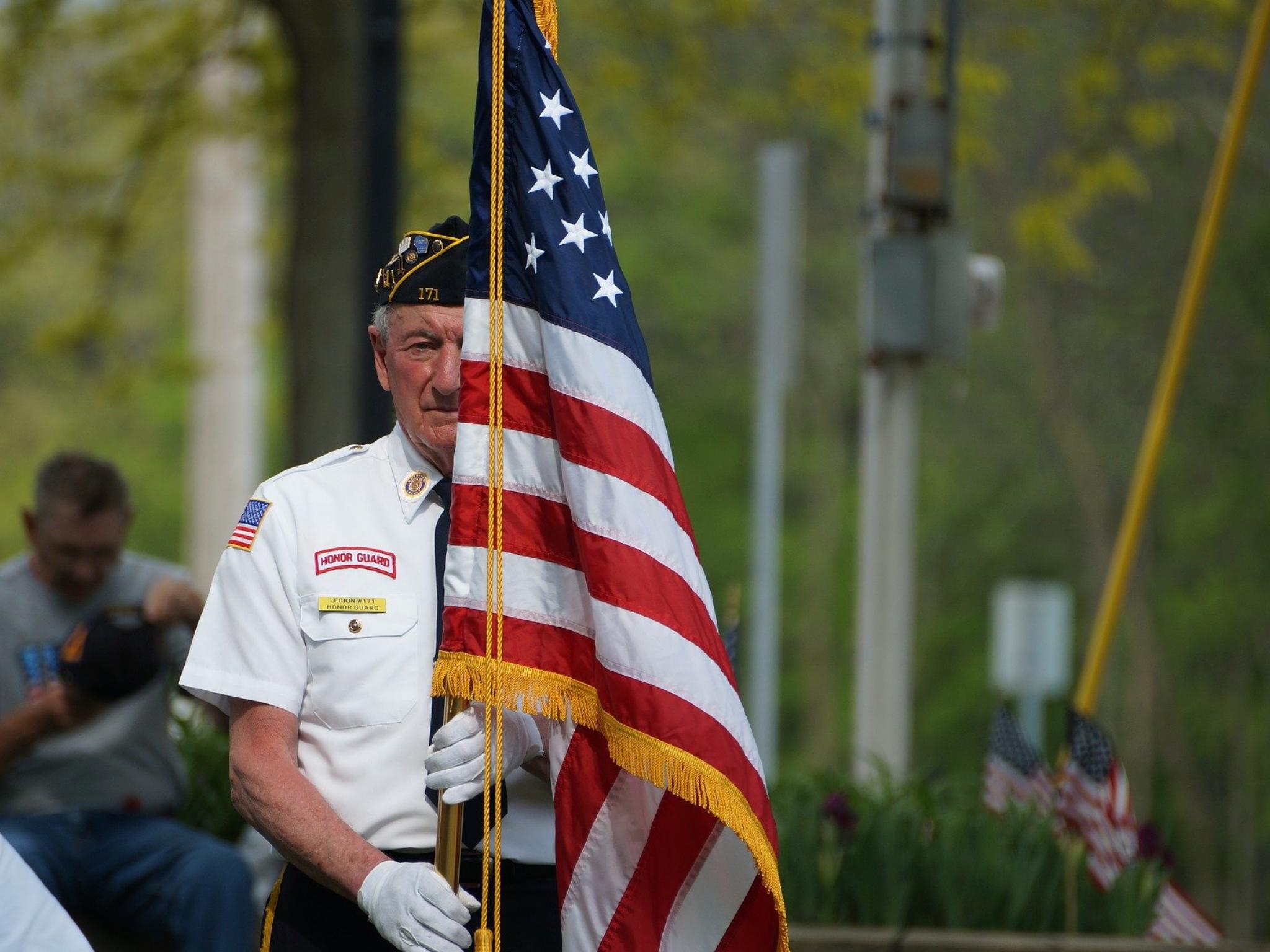
Socrates Rosenfeld, CEO and co-founder of Jane Technologies
In the last week of August, the remaining U.S. troops flew out of Afghanistan ending two decades of war. Over that period of time, between 1.9 to 3 million U.S. service members served in Afghanistan and Iraq, with over half of them deployed more than once. It’s a generation of troops that I count myself among.
Up until 2011, I served as an Apache helicopter pilot for the U.S. Army. The concept of coming home has weighed even more heavily on me since the news of the final withdrawal. From my own personal experience, I understand that it’s one thing to bring troops home from a war physically, but it is quite another to bring them back emotionally and spiritually.
War is an ugly, dirty affair, no matter which side you sit on. Whether or not one experiences combat, there is the constant fear of IEDs, the long separation from families and a million other small traumas that imprint on soldiers in profound ways. In the 1970s, a study showed that 15% of Vietnam War veterans developed PTSD shortly after the war’s end. And that number only multiplies as time goes on. In 1988, the National Vietnam Veteran Readjustment Study found that as time went on, the number of Vietnam veterans suffering with PTSD doubled to a whopping 30%.
We know that without the proper tools, veterans can turn towards destructive means of coping. In fact, one study of Vietnam veterans found that 74% of the veterans had co-occurring substance use disorders. For these veterans and many like them, their mental health suffered as a result of PTSD, which leads to more serious problems like alcoholism and drug addiction.
Countless soldiers have come home from Iraq and Afghanistan to face the same demons. Even more tragic, some of them succumb in their darkest hours to suicide. The Costs of Wars Project found that four times as many troops and vets have died by suicide as in combat in post 9-11 wars.
As someone who has walked in their shoes, I can empathize with their despair. As soldiers of war, we come home to find our sense of belonging shaken and our mission no longer clearly defined. As we search for a new identity, we can feel isolated from our civilian friends and family.
While it is mentally difficult to leave behind the atrocities of war, there are ways to manage. Natural, plant-based medicine, such as cannabis and psilocybin, are two tools that have helped many deal with stress, depression, chronic pain, anxiety and PTSD. While prescription drugs have their place in the medical arsenal, the last decade has also revealed how addictive prescription pills can be, and how they can cause the destructive spiral of substance abuse. In 2019, a study published in JAMA found that veterans are twice as likely to die from an accidental overdose compared to the general U.S. population. Why, then, are prescription pills the first line of defense when there are safer alternatives?
Both cannabis and psilocybin are non-addictive and non-toxic -- in other words, there is no known amount that is lethal. And early research shows the benefits these two plant medicines are having on the general population. Cannabis, which is now medically legal in 37 states, is prescribed to alleviate the symptoms of dozens of mental and physical disorders. Several studies also suggest that psilocybin can ease the effects of depression and other psychiatric illnesses.
What’s promising is that members of Congress are taking note of these studies and pushing to apply federal dollars to study the effects of these medicines on veterans. In April, a bipartisan bill was introduced that would require the U.S. Department of Veterans Affairs (VA) to conduct clinical trials into the therapeutic potential of cannabis for veterans. The bill specified that the VA secretary should “carry out a series of clinical trials on the effects of medical-grade cannabis on the health outcomes of veterans diagnosed with chronic pain and veterans diagnosed with post-traumatic stress disorder.”
In September, Rep. Dan Crenshaw (R-TX), a veteran himself, filed a measure that would allow the secretary of defense to approve grants for research into the therapeutic potential of certain psychedelics such as psilocybin for active-duty military members with post-traumatic stress disorder. The grants could be awarded to federal or state agencies, academic institutions or non-profit organizations. Researchers would need to “conduct one or more phase two clinical trials for the treatment of post-traumatic stress disorder” involving either individual or group therapy. The grant money could also be used to support training practitioners to treat eligible military members with psychedelics.
This is the forward-thinking leadership that our soldiers need, and I urge every member of Congress to stand behind any bill or measure that moves us closer to bringing legal access to plant medicine. We owe it to our veterans to provide them with safe, effective ways to heal and truly return to society -- to return home.
At war, soldiers are expected to endure combat. But life is meant to be experienced. For some of my veteran friends, they have not found the treatment they need to help them process their tours of duty. I watch them now enduring the tasks that typically give meaning to life and it is hard to bear.
For them, and those who are just returning, there is more that we need to do to get them home. Clearing the way to study plant-based medicines and provide veterans access to proven therapies is what they deserve so they can finally find the peace they hoped for when they left the battlefield behind.







